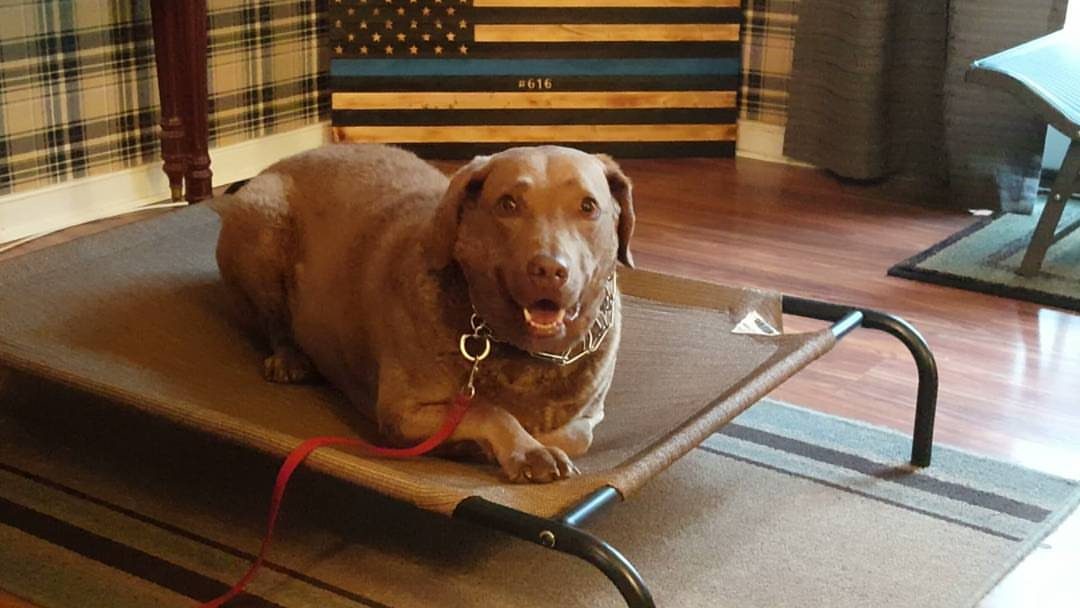If you have gone through one of our dog training/board and train go home sessions, you have heard me explain the consequences of “humanizing” a dog. I explain to clients how humans tend to project what they need or feel on to the dog – ultimately elevating the dog to the level of a human. Or, in worse cases…sometimes above the level of a human. In these cases, you see so many problems start to manifest themselves such as aggression, separation anxiety and more. Below is an excellent narrative from Tyler Muto of K9 Connection talking about just that.
“We as humans have evolved in the way that we incorporate dogs into our lives. We expect that our dogs have evolved as well. To be almost human, to be something other than what nature has created.
Your dog can’t understand the way we humans look at the world. They can’t see the world as anything other than how a dog would see it.
Humans however have the unique ability to put ourselves in the shoes of another. To attempt to see things from a different perspective than our own.
Putting in the work to see the the world through the eyes of your dog is one of the greatest gifts you can give them.
Consider this quote from renowned canine ethologist Adam Miklosi:
“Extensive experience formed by living with dogs often leads to the misconception that a dog is a ‘fur-covered human’ (babymorphism), and the society often calls on the dog to behave in contradiction to its own biology. This kind of view is expressed by the concept of ‘amicability’; that is, being well-behaved all the time. Aggression in dogs is thus often seen as a negative behaviour; instead, it is part of the natural behaviour of dogs. Why is it expected, for example, that dogs should naturally exhibit friendly behaviour towards unfamiliar dogs at first encounter?
People occupy overlapping and/or physically discontinuous territories, they are members of different groups at the same time , they show tolerance to strangers, and form short – lived associations with groups varying in size. People expect that dogs should behave similarly in order to become integrated into human society, but such behaviour is rather different from typical dog or canine behaviour . Appropriate socialization may well help, but one must realize that these things do not come ‘naturally’ to dogs”
#ConsiderTheDog“

